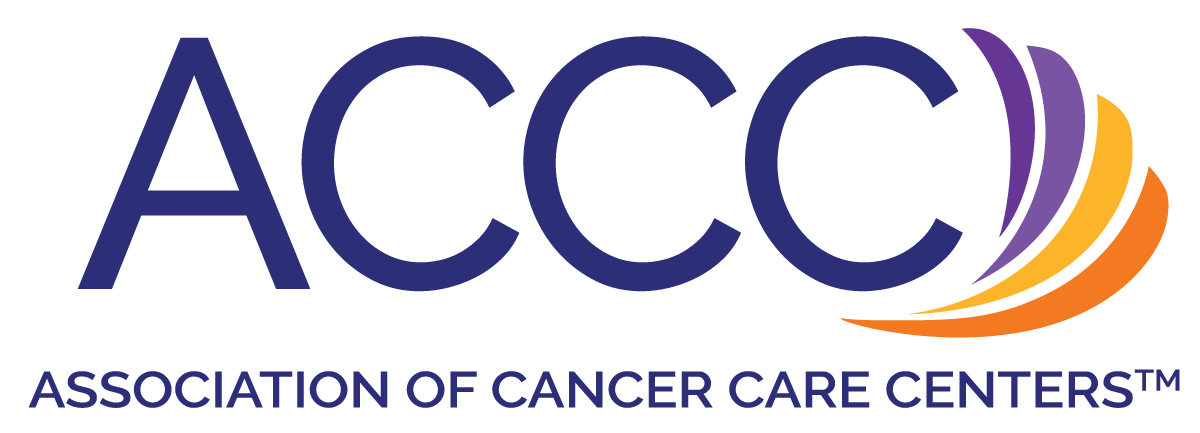
Be Your Own Advocate

Patients with chronic lymphocytic leukemia should learn about the latest advancements, says one expert.
Research in chronic lymphocytic leukemia (CLL) has continued to advance the field, moving patients away from chemotherapy regimens and toward newer oral medications to help fight their disease.
During the 2019 American Society of Clinical Oncology (ASCO) Annual Meeting, John Pagel, a lymphoma physician and researcher at the Swedish Cancer Institute in Seattle, spoke with CURE® about the latest
CURE®: Please discuss some recent advances made in CLL.
Pagel: CLL is probably one of the most exciting blood cancers regarding research and development of the field in the last many years, which is translated to improvements and outcomes for patients. The recent advances have all been around these
What are some challenges that need to be addressed overall?
Despite the fact that we have made huge progress in CLL, there are still steps to be made. A lot of times we’ll hear, “Well there’s nothing else to be done in CLL. We’ve done so good.” And that’s not true. There are patients where we still have major unmet needs and there are situations where we need to continue to improve. Of course, you can imagine we always can improve on reducing side effects and tolerability of agents. We also are dedicated and focused on this idea of trying to get people off therapy. I mentioned some of these targeted therapies that we have, but they have been delivered in a very prolonged, indefinite period and we probably don’t need to do that in most patients. An unmet need that we are going to answer very shortly is if, and when, we can stop an agent and then just re-treat people if we need to. Lastly, I would say the most significant unmet need is still in high-risk patients.
Can you discuss the Association of Community Cancer Centers’ (ACCC) multidisciplinary CLL care education project?
This is an initiative focused on where most patients get their care — in the community — somewhere close to home. That’s important especially in areas where patients may have to drive for many, many distances to get to an academic center or people who might not want to battle traffic. So really making sure that those patients who get treated in the community get the best care that they possibly can get, and that’s feasible in CLL. But it requires some steps to continue to educate and facilitate that endeavor and that’s what the ACCC is doing. It’s an educational process to make sure that community physicians and oncologists taking care of CLL patients are up to date, doing the right tests, doing them at the right time and treating patients appropriately with the right therapies.
What are some of the efforts of the initiative?
The initiative is geared toward education for physicians that will translate to patients. So, there are educational opportunities in the communities and community hospitals. There is also an endeavor to look at how changes are made and what the outcomes are then for translation to patients. It’s a very tangible way to provide education, to access practice, to determine changes that may or may not be made and determine how that affects patients.
What are some of the gaps in provider and patient communication?
When patients come in they are seeing a physician for a very short time. It’s just how it works. Health care is busy and sometimes there might not be an opportunity for enough education for a patient. There is always a challenge of delivering a message that we need to patients and for patients to be able to get the message that they need from the physician. It’s an opportunity for mutual trust and mutual dialogue interaction and the way to achieve that is through advocacy on the patient’s own behalf. There’s no better advocate for a patient than the patients themselves. If you’re a patient (with CLL), you want to do some homework. Some of that homework is around initiatives like the ACCC — learning how a patient would fit into that and what they might learn from the disease from those opportunities.




